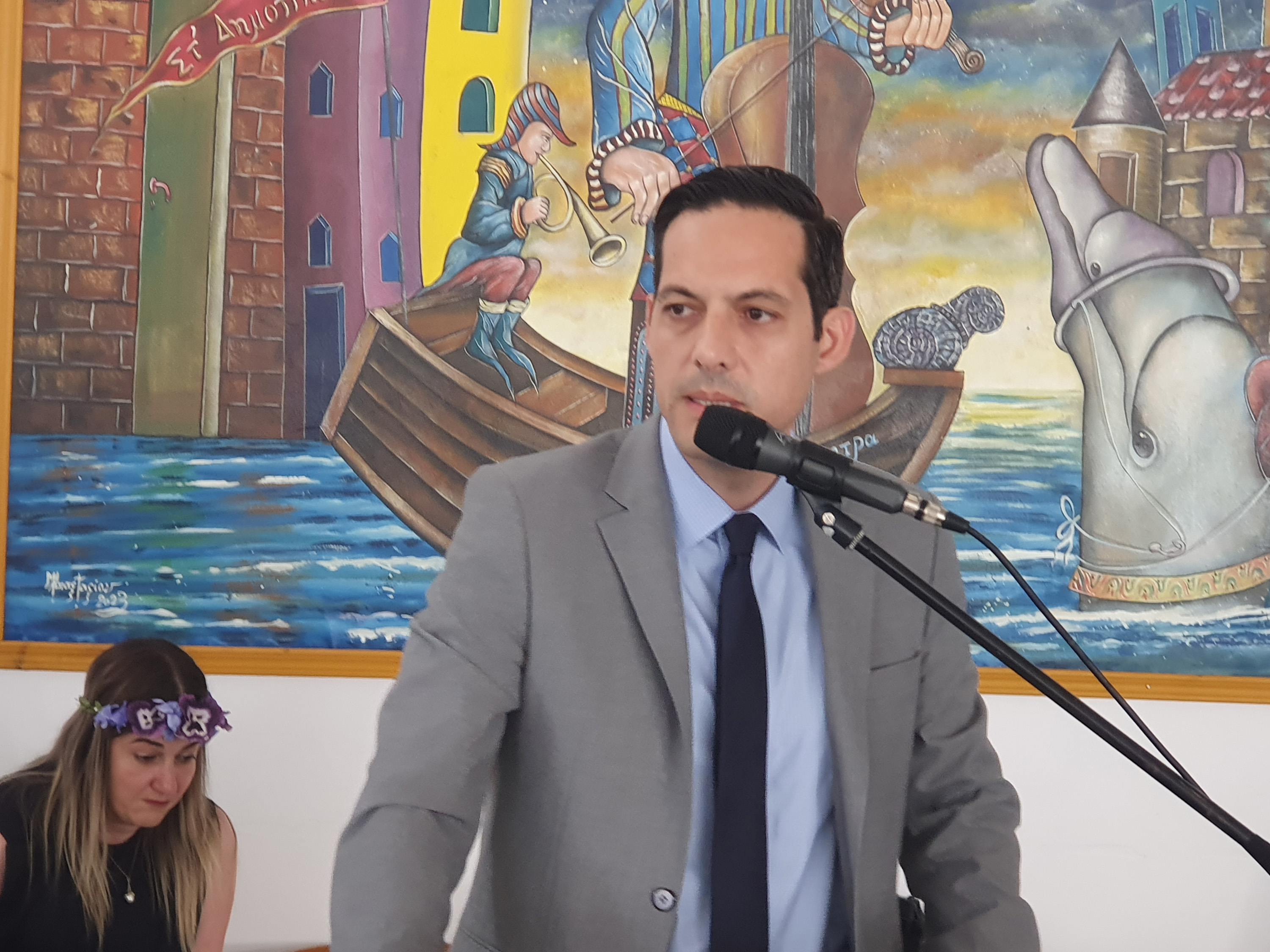Cyprus on Monday marked the Pontic Greek genocide remembrance day with strong messages from government officials and political parties, reaffirming the country’s call for global recognition of the atrocity.
President Nikos Christodoulides said “Turkey, much like in the case of the recognition of the genocide of the Pontian Greeks, must first and foremost understand that its path to Europe inevitably passes through Cyprus.”
Speaking at the memorial event in Paralimni for the genocide of the Pontian Greeks, Christodoulides said a new momentum was picking up by “recent developments, the result of our targeted diplomatic efforts, combined with the evolving geopolitical landscape in our region and the growing international role of the Republic of Cyprus.”
Christodoulides linked the memory of the Pontian genocide to Cyprus’ own struggle to solve the island’s political problem.
“As Cypriot refugees – like all Greeks who were uprooted – we continue, through monuments, churches, commemorative events and other actions, to keep the memory of our origins alive, while steadfastly demanding liberation, peace, and the reunification of our homeland,” he added.
Foreign Minister Constantinos Kombos described the genocide as “a historical reality” and “a stain on humanity”. In a social media post, he said, “We honour the memory of the 353,000 victims of Turkish brutality. Historical memory is our duty. It must be protected and taught.”
The ministry of foreign affairs echoed the message, stating: “Cyprus, which has suffered half a century of Turkish occupation, stands by our Pontic brothers. We know the pain of violent uprooting and loss.”
Government spokesman Konstantinos Letymbiotis, speaking at a school event in Paphos, said, “There can be no peace without truth. No reconciliation without accepting the past.” He added, “19 May is not just a date. It is an open wound. A cry from those who survived and refused to be silenced.”
Letymbiotis linked the genocide to Cyprus’ own history of displacement following the 1974 Turkish invasion.
“Like the Pontic Greeks, Cypriots were forced from their homes. Yet both peoples endured. We turned pain into memory, and memory into hope.”
The opposition party Akel called for the international community to recognise the genocide, saying the victims “deserve justice, not silence”. The party noted the genocide was part of a broader pattern of violence and repression by nationalist forces in the early 20th century.
Far-right party Elam stated the genocide was “an organised crime against Hellenism” and called for stronger national education on the issue. “Memory is resistance,” the party said in a written statement.
The Green party highlighted the importance of awareness and education.
“Teaching the truth is a step towards preventing future atrocities,” it said, urging schools to continue commemorating the genocide officially.
The genocide of Pontic Greeks between 1914 and 1923 involved mass killings, forced marches, and deportations carried out by the Ottoman Empire. Cyprus, a member of the EU and UN, has repeatedly urged formal recognition of the genocide worldwide.






Click here to change your cookie preferences